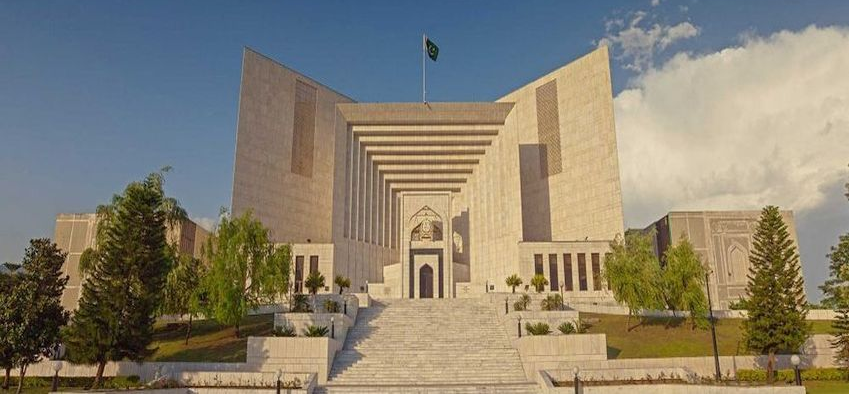The Courts should not interfere with Disciplinary Actions against the Employees on Account of Misconduct unless they are Arbitrary --- Supreme Court of Pakistan
Islamabad 24-08-2024: In a recent ruling, the Supreme Court of Pakistan has upheld the dismissal of a K-Electric employee, Sakhib Zar, who was terminated for unauthorized absence from duty. The court dismissed the civil petition filed by employee, challenging the decisions of the National Industrial Relations Commission (NIRC) and the High Court of Sindh, which had both previously ruled in favor of the employer.
The petitioner, Sakhib Zar, a Semi Skilled Lineman with K-Electric, had taken leave from June 22, 2014, to August 21, 2014. However, he failed to return to work after the expiry of his sanctioned leave, leading K-Electric to initiate disciplinary proceedings against him. On September 15, 2014, his services were terminated through an ex-parte decision. Sakhib Zar subsequently filed a grievance petition with the NIRC, which initially ruled in his favor, ordering his reinstatement without back pay.
K-Electric, dissatisfied with the NIRC's decision, appealed to the Full Bench of the NIRC, which overturned the Single Member's decision, reinstating the termination. Zar's subsequent constitutional petition to the High Court of Sindh was dismissed, prompting his appeal to the Supreme Court.
The Supreme Court, led by a bench comprising Mr. Justice Muhammad Ali Mazhar, Mr. Justice Syed Hasan Azhar Rizvi, and Mr. Justice Irfan Saadat Khan, focused on the definition of "misconduct" under the Industrial and Commercial Employment (Standing Orders) Ordinance, 1968. The Court emphasized that absence without leave for more than ten days is clearly defined as misconduct under the law.
The Court further ruled that employers have broad discretion in disciplining employees found guilty of misconduct, including the right to dismiss them. The judgment underscored that judicial bodies should not interfere with such decisions unless they are arbitrary or violate legal standards.
Addressing the doctrine of proportionality, the court noted that while it is within the Courts' power to assess the reasonableness of a punishment, such intervention must be warranted by the specific circumstances of the case. In this instance, the Court found that the penalty of dismissal was proportionate to the misconduct committed.
The judgment also criticized the earlier NIRC decision for showing undue leniency by reinstating Zar despite his proven misconduct. The Supreme Court held that it is not within the judiciary's role to modify statutory provisions or extend the period of absence considered as misconduct, as was done in the original NIRC ruling.
The Supreme Court concluded that the previous judgments by the NIRC Full Bench and the High Court of Sindh were legally sound and dismissed Zar's petition, thereby upholding his termination from K-Electric. The ruling reinforces the importance of maintaining workplace discipline and the employer's right to enforce it in accordance with the law.
This decision is a significant reaffirmation of employers' rights to manage their workforce and discipline employees for violations of workplace rules, particularly in cases of unauthorized absence.
Powered by Froala Editor








